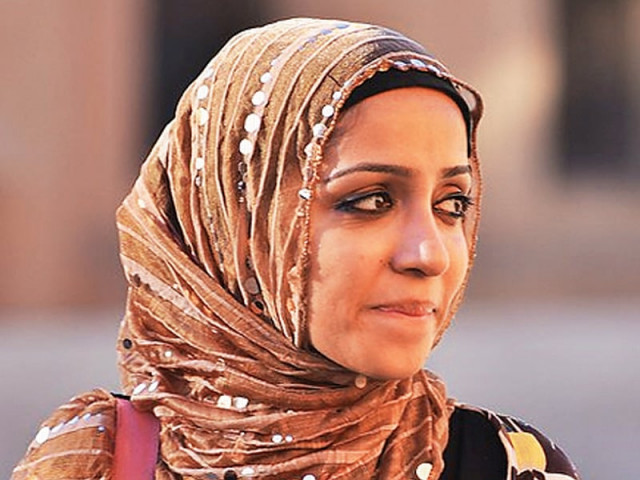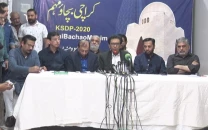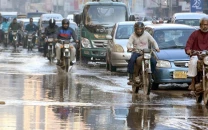Media for women: Women want to move beyond fashion, human rights issues
Journalists share their experiences on working in a ‘male-dominated’ profession.

Why aren’t women journalists allowed to do crime stories? Why are they only given beats related to women’s rights? These and other questions were raised by several women at a discussion on ‘Media Advocacy for Women’, organised by the US Consulate and Women Media Centre (WMC) at Lincoln Corner, Rangoonwala Community Centre.
WMC in-charge Fauzia Shaheen and her fellow journalists have always protested against the discriminatory treatment of women journalists by news organisations. “Women should be given hard beats and pushed to do the stories that their male counterparts do,” she said.
With only three percent women joining the media, Shaheen said that more women should be encouraged to join the profession. “Females should become reporters and also be given decision-making powers.” Agreeing that women are good for human-interest stories as victims confide in them more comfortably, she insisted that they should not only be confined to them.

She praised journalists, such as Zubeida Mustafa and Beena Sarwar, who took a step ahead of their profession and worked hard on the social issues.
Sindhi journalist Veengas recalled the time when she started out as a journalist. “My editor told me to cover only ‘lady issues’ as I was a lady.” Veengas refused to do that, and went on to cover politics and interviewed prominent politicians. She narrated how she was mocked even when she covered stories on human rights. As part of a story on honour killings, Veengas called it “dishonour” killings, but her editor smirked and did not take her seriously.
Blogger and activist Sana Saleem suggested using social media. “There are some issues, such as sexual harassment of women, on which if we talk in public, people call us ‘NGO aunties’ or ‘woman reporters’.” Since no one needs to know who you are on the internet, you can be a part of any discussion, she said.
Saleem appreciated how politicians and policy makers are using social media as public relations tools. “This gives a chance to common people to interact with them, and helps builds connectivity.”
US Consulate public affairs officer Corina Sanders wondered how women worked as journalists in the country. “Pakistan is the most dangerous place for journalists, and yet women go out every day and boldly perform their duties.”
Published in The Express Tribune, December 18th, 2012.



















COMMENTS
Comments are moderated and generally will be posted if they are on-topic and not abusive.
For more information, please see our Comments FAQ